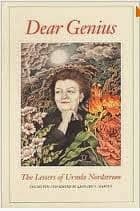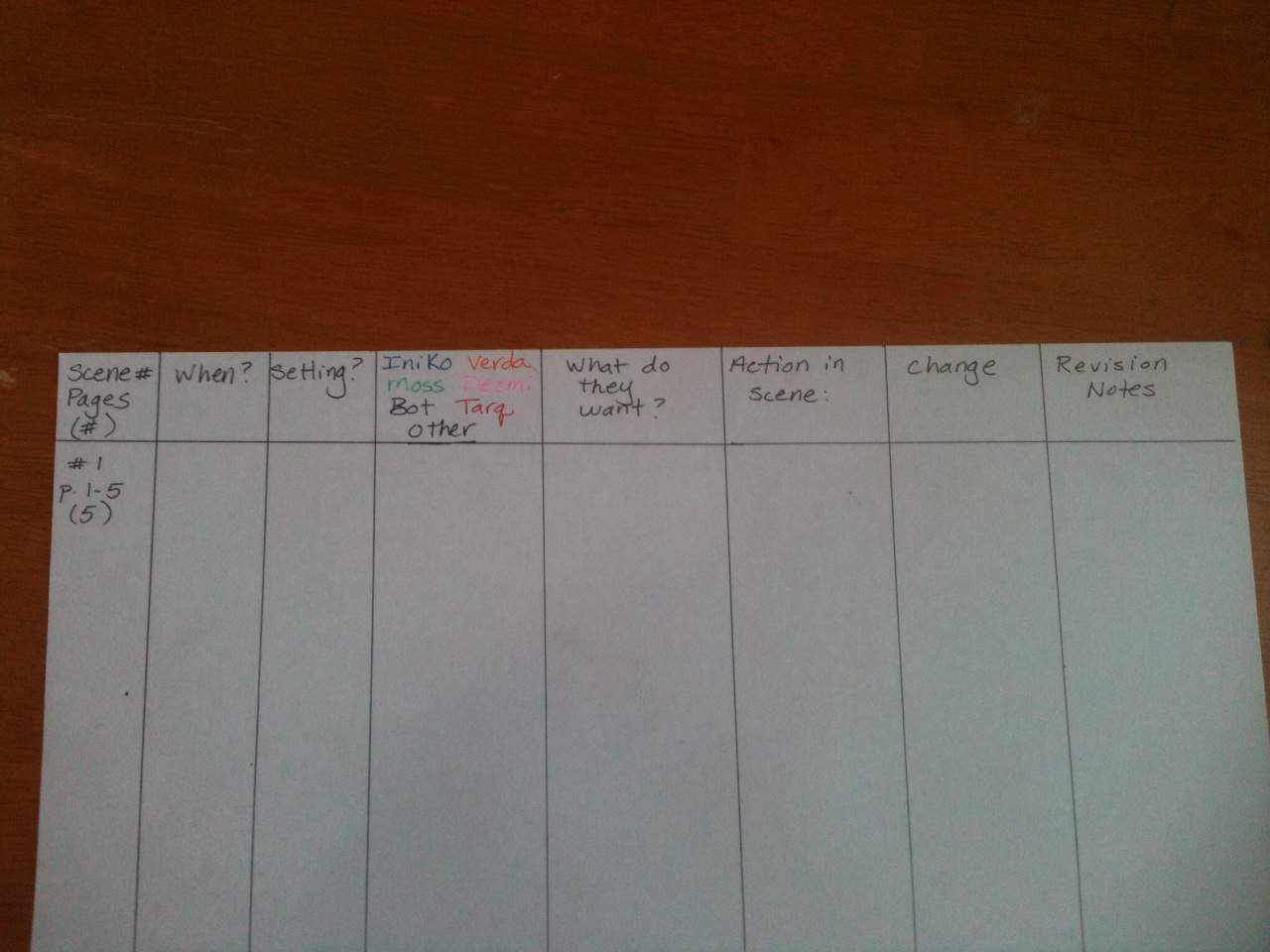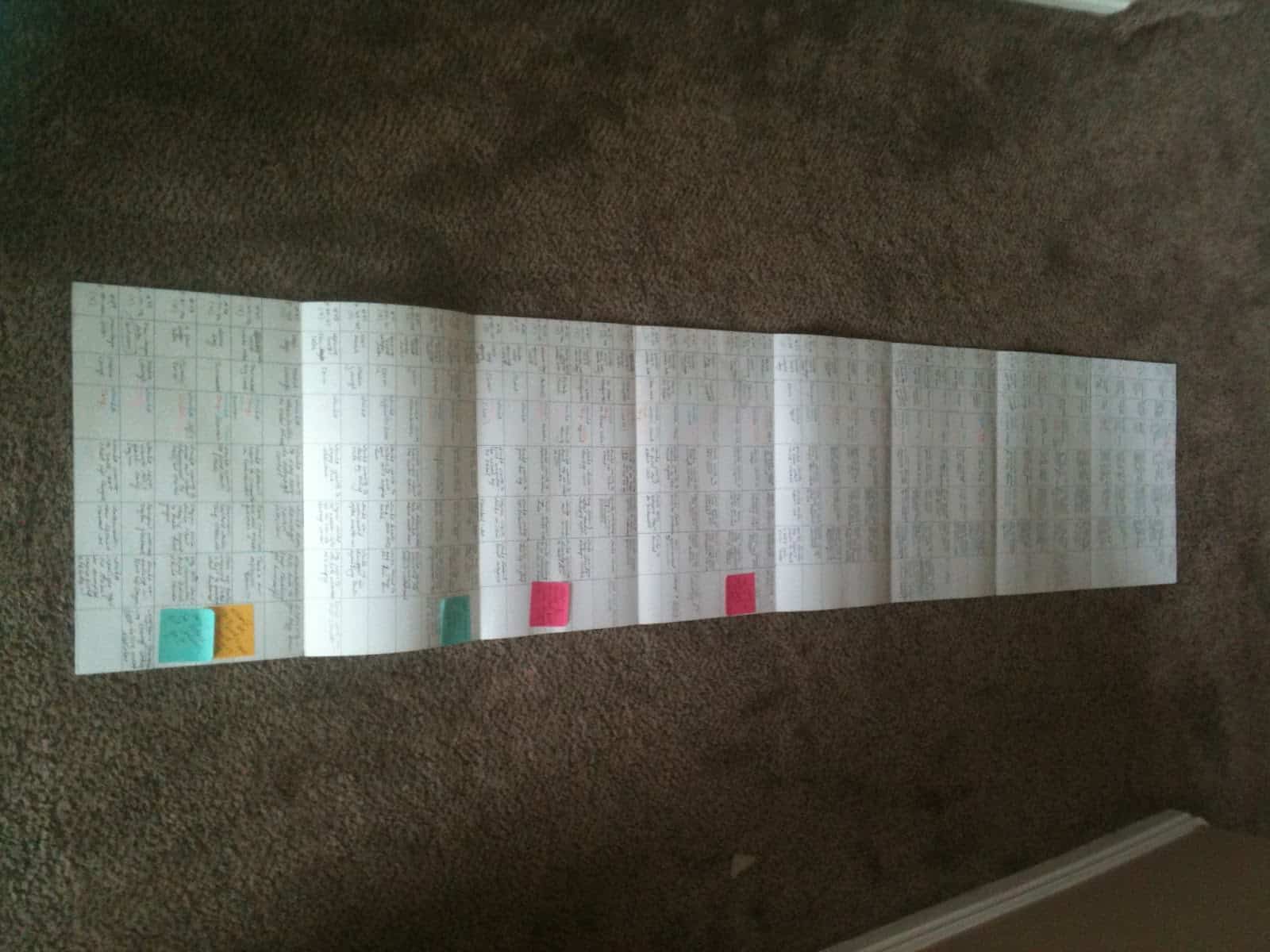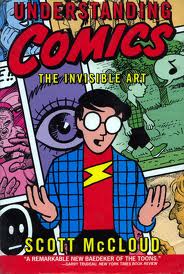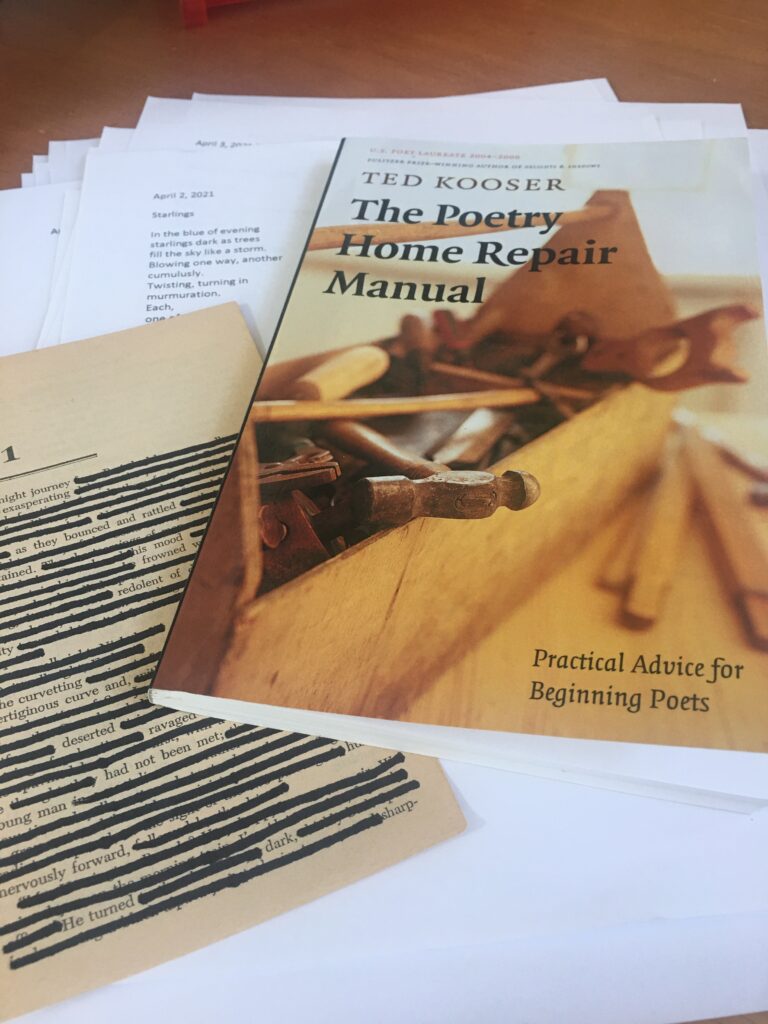
30 Poems in 30 Days
One of my mini writing goals for 2021 is to write poetry several days a week. I have always been intimidated by poetry—and reading it used to make me feel like the person who doesn’t get the joke.
How to conquer one’s fears: dive in, do it, understand it.
I asked my poet friend Lisa Roullard (An Envelope Waiting) for good how-to books for beginning—and intimidated—wannabe poets. She recommended Mary Oliver’s A Poetry Handbook and Ted Kooser’s The Poetry Home Repair Manual. I also bought books of each one’s poetry. I read at least one poem before bed—it’s a habit I plan to keep from now on.
Mary Oliver tackles the nuts and bolts—dactyls versus trochee. The terms still sound like dinosaur names to me. I relate more to Kooser’s practical advice—dive into close detail, write about something that means something. I kind of prefer Oliver’s poems though.
I’ve scrawled bad poems into my writing exercise notebook every week. And then I got an intriguing email from the Salt Lake Community Writing Center—Celebrate National Poetry Month by writing 30 poems in 30 days according to Instagram prompts. I paid my $5 to join the contest, knowing that any sort of accountability is good for writing one isn’t exactly driven to do.
I hated some of the prompts. Turns out that only made things interesting as I stretched my creativity further to find an entry point into the prompt. I had to meditate and write. I clipped words from magazines and wrote. I wrote all 30 poems. I revised all 30 poems.
Four and a half months into my Write Poetry Project, I have learned that poetry needs to be revised like any other writing. Some things that I had wanted to write about for a long time seem to be particularly suited for poetry. Practice works! I have written some poems that aren’t too bad. I’m also determined to make the bad ones better! Reading is always a companion to writing—you absolutely must read what you want to write.
Mostly, I am learning to appreciate poetry in a new way. I might be starting to like it…


